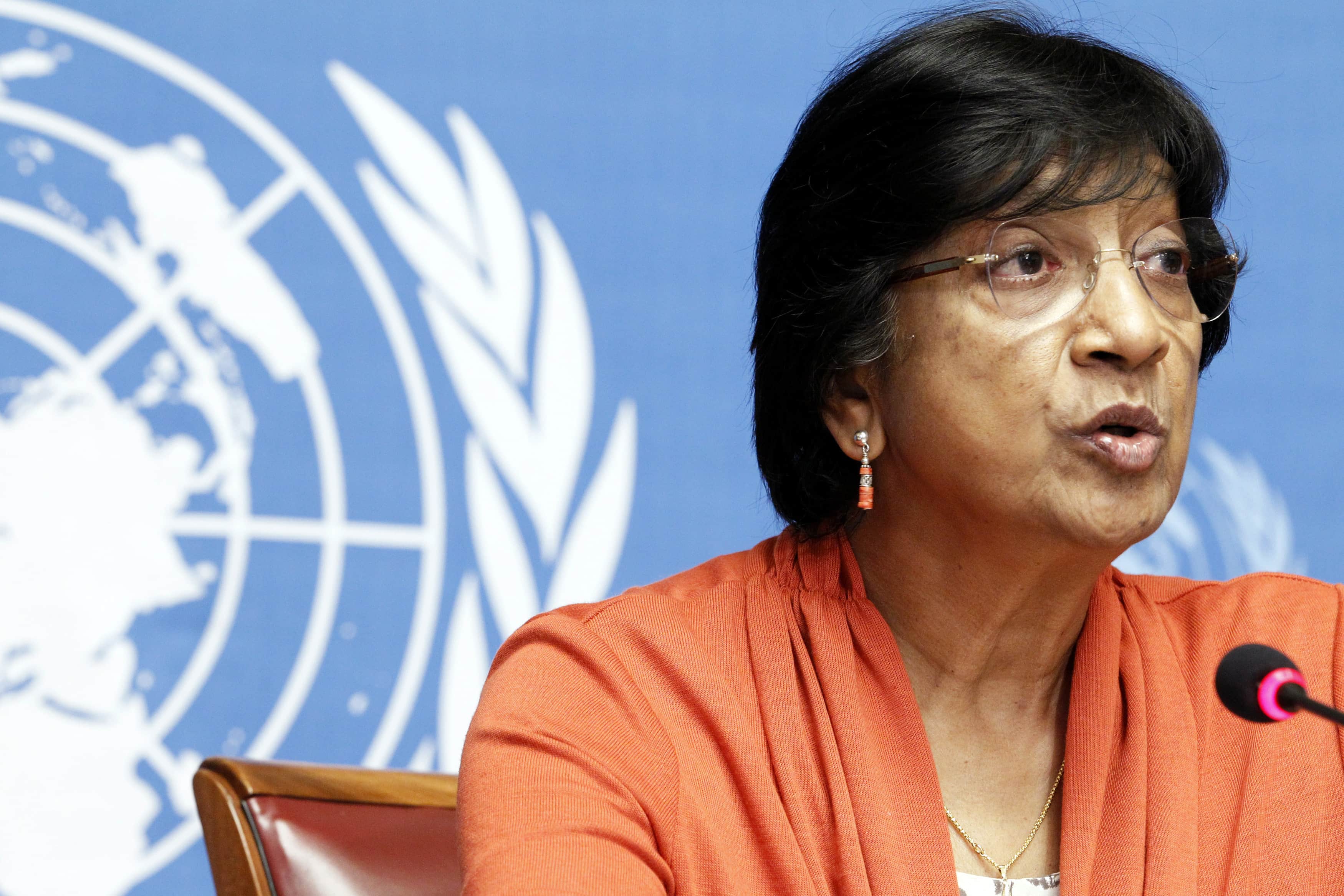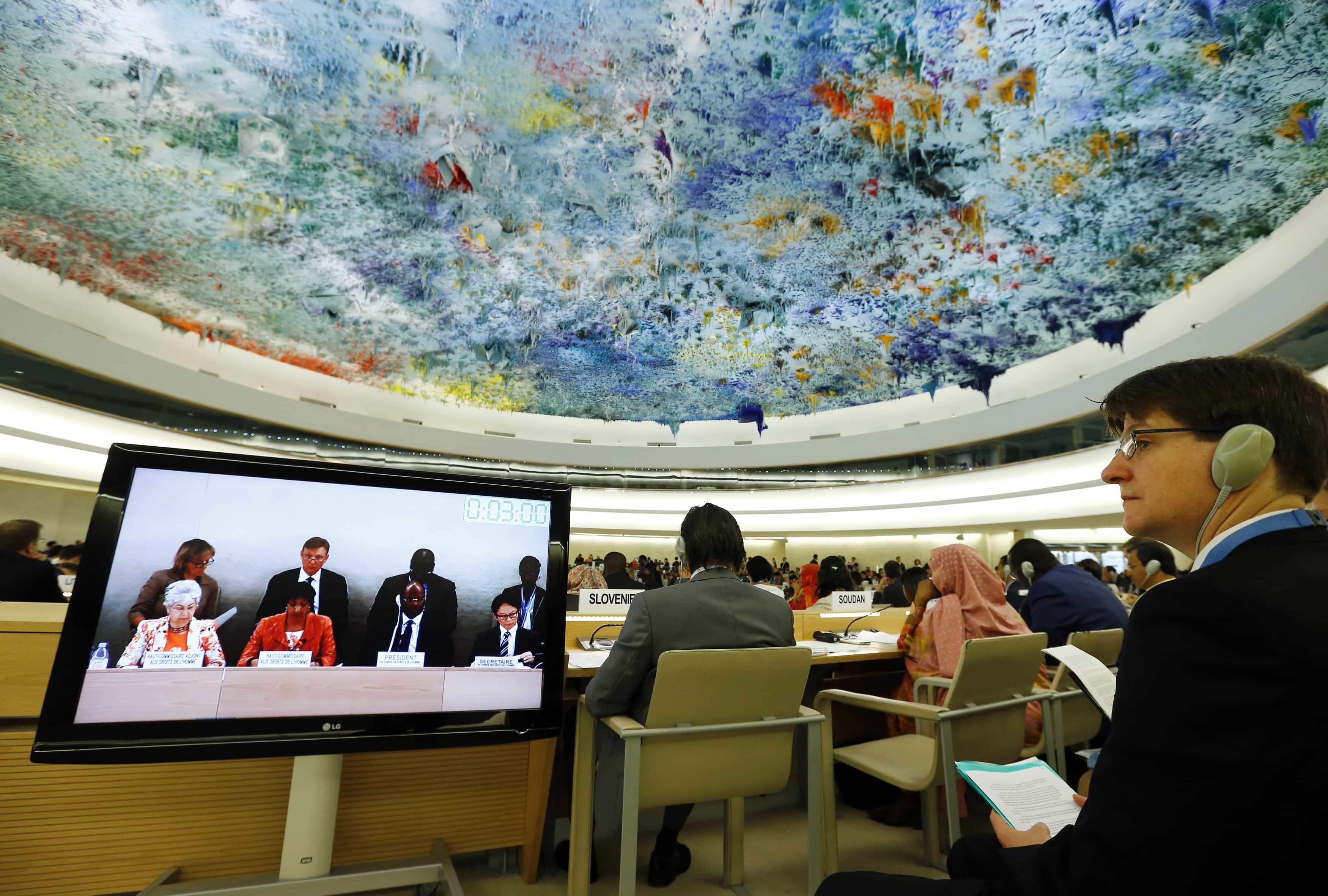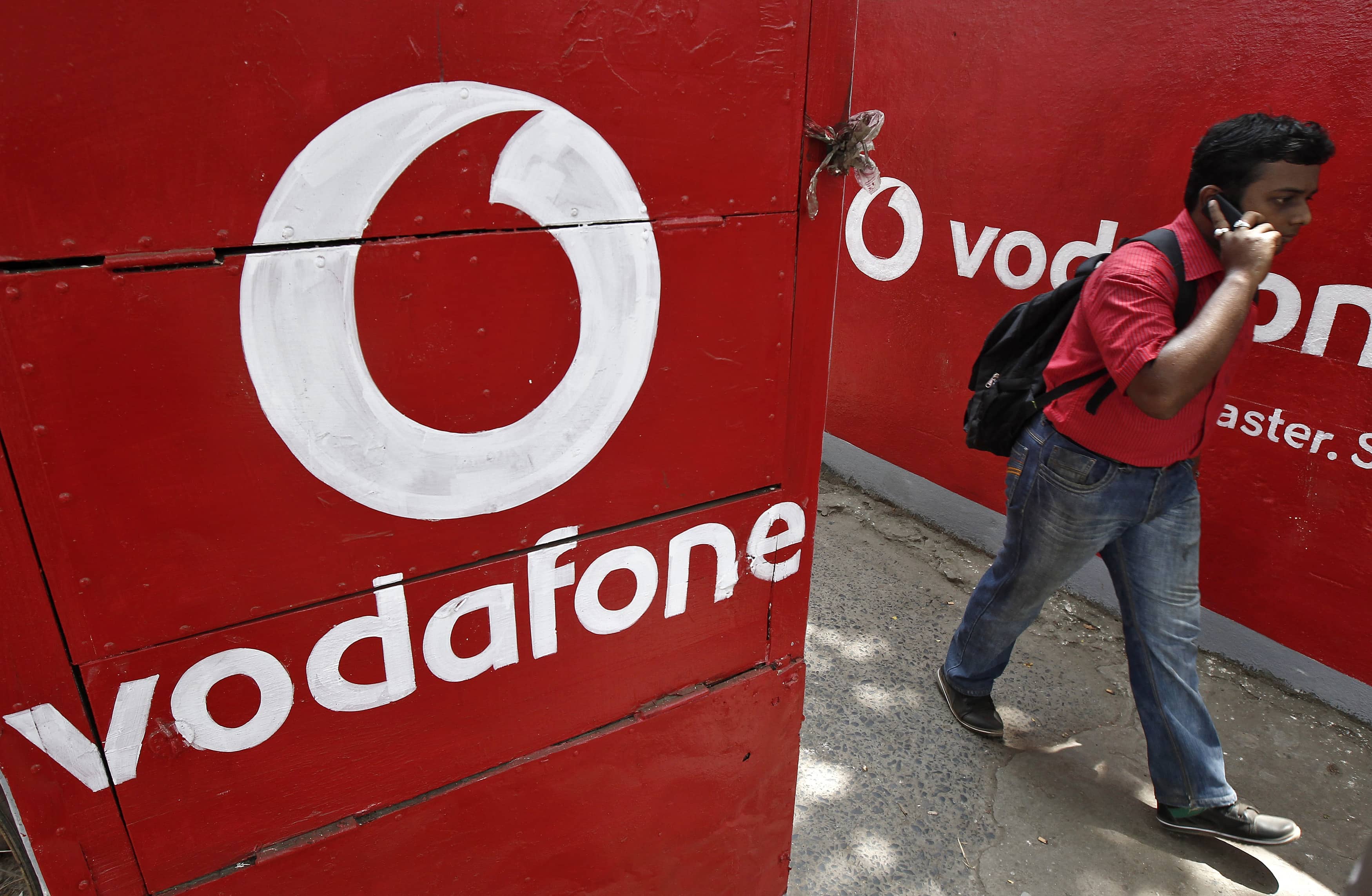Articles by Privacy International

When it comes to surveillance equipment, what’s selling and who’s buying in Indonesia?
While details of the sales are undisclosed we do know that the Indonesian government, like many, is buying equipment from companies that sell some of the most invasive products available with little oversight.

Identity theft persists in Pakistan’s biometric era
Pakistan is one of the few nations that has registered almost the entire population’s biometric details and provided citizens with a computerized national identity card. But even with that system in place, fraud is still rampant.

How “The Right to be Forgotten” affects privacy and free expression
IFEX members reflect on the broader implications of “The Right to be Forgotten” ruling, which allows individuals to demand that embarrassing information about themselves be removed from search engine results.

UN privacy report a game-changer in fighting unlawful surveillance
“The right to privacy in the digital age” report puts beyond doubt that the very existence of mass surveillance programmes – which the report notes are becoming a “dangerous habit” – interfere with human rights.

UK government sued by internet service providers for spying
Intelligence agencies are attacking internet and communications service providers to get access to and exploit their routers, switches, and servers in order to spy on and control the communications handled or passed through their networks.

Groups call on UN to protect free expression online
This week, a resolution on the importance of protecting human rights online was discussed at the 26th UN Human Rights Council Session in Geneva. Read the oral statement on this resolution led by ARTICLE 19 and supported by several IFEX members.
U.K. forced to reveal policy justifying surveillance of Facebook, Google users
A statement by Britain’s top counter-terrorism official claims that the indiscriminate interception of U.K. residents’ Facebook and Google communications would be permitted under law because they are defined as ‘external communications’.

Vodafone Transparency Report: New threats mean we need more than transparency
What may be the most alarming piece of Vodafone’s first ever Transparency Report is that in as many as six countries, authorities have direct access to Vodafone’s network, which allows governments to monitor communications directly without having to go to the company for the data of their customers.
